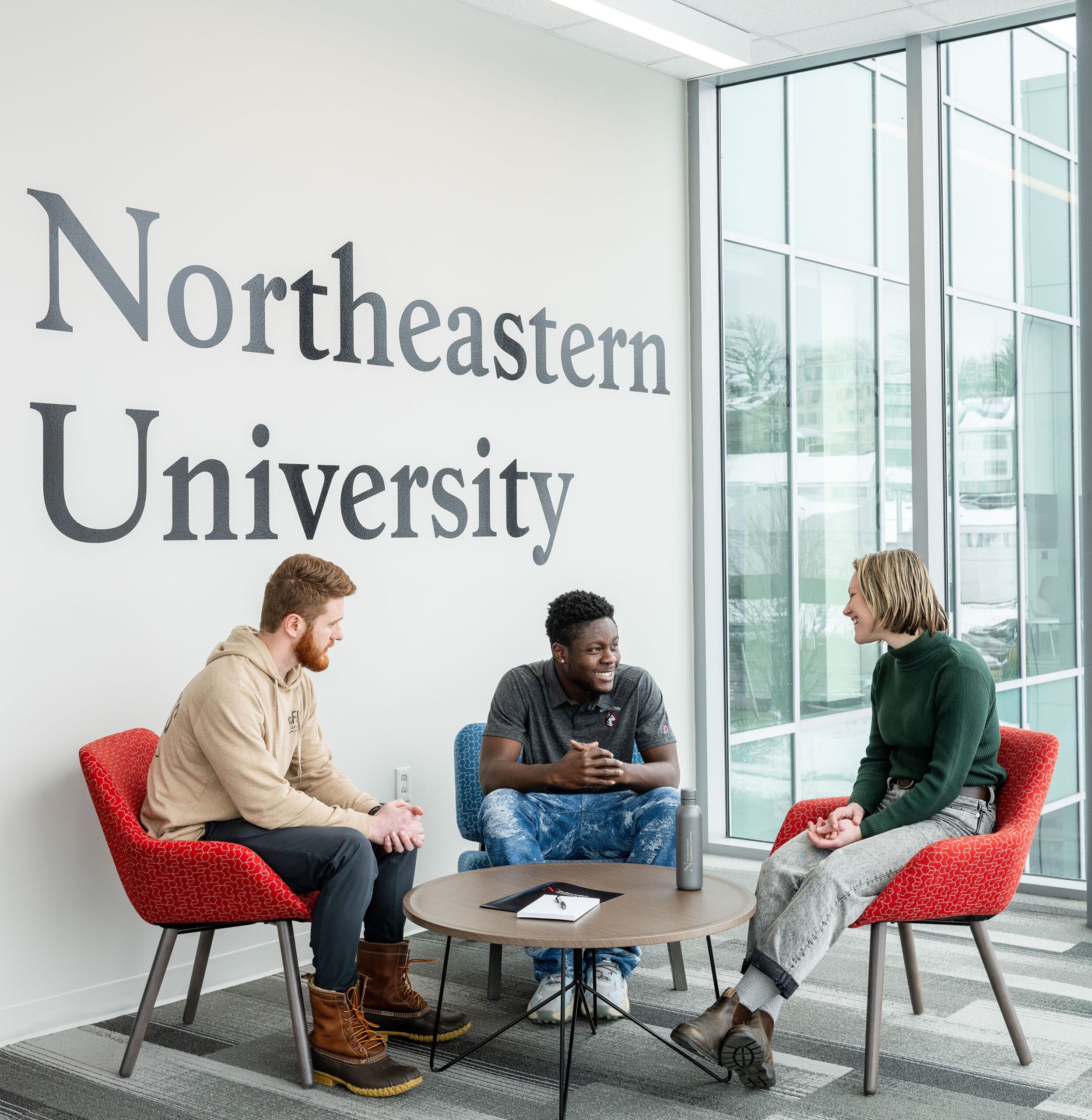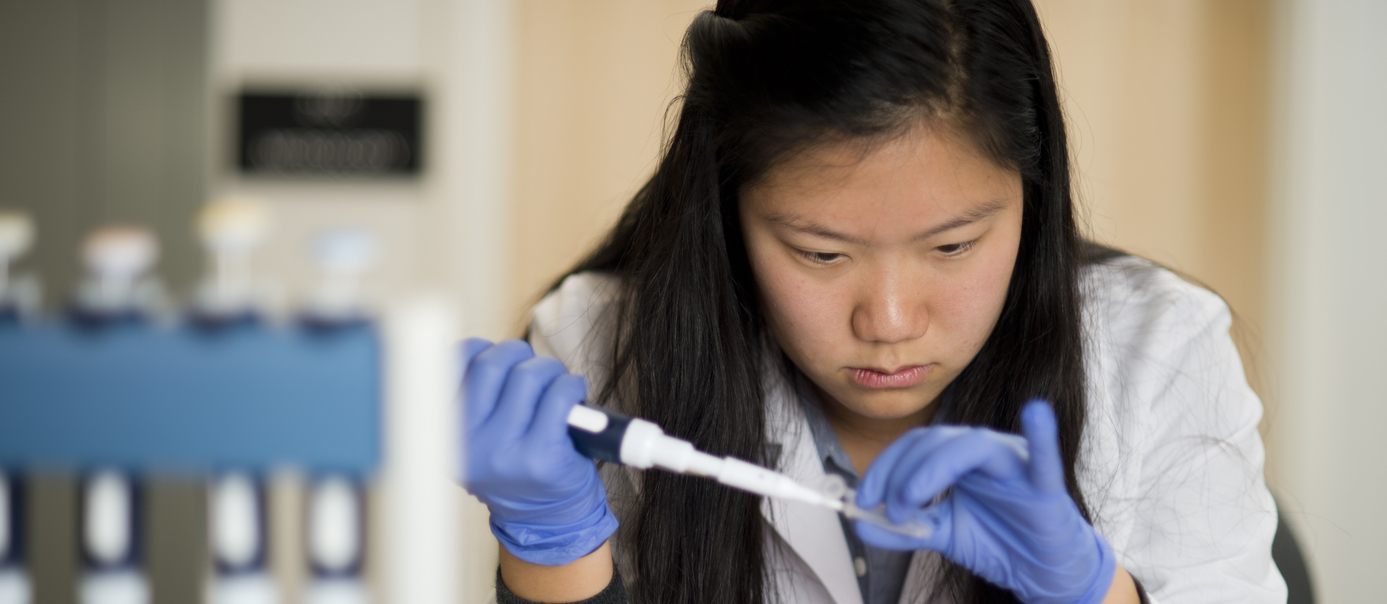
Master of Science in Biotechnology
The Master of Science in Biotechnology is an innovative, nonthesis graduate degree program. The curriculum of this professional science master’s combines advanced interdisciplinary training in biology, chemistry, chemical engineering, and pharmaceutical sciences with the development of high-value business skills critical to success in today’s dynamic workplace. Graduates are prepared to innovate, collaborate, and lead as research, managerial, or technical professionals in a wide range of biotechnology specialties. The program is taught by respected faculty who are also senior leaders in their fields. They bring extensive experience, firsthand knowledge of industry trends, and assurance that the curriculum is rigorous, current, and relevant.
Students may elect a concentration in which core courses are combined with specialization and elective study. All concentrations feature a co-op work experience with an industry, academic, or government employer. All concentrations include a hands-on lab experience. The following concentrations are available: agricultural biotechnology, biodefense, biopharmaceutical technologies and analytics, biotechnology operations, and interdisciplinary. Students who do not elect a concentration will instead choose 11 credits of electives in place of concentration-specific courses. As a Professional MS program, research/thesis is not a requirement or expectation. Students are encouraged to pursue co-ops.
All Roux Institute programs provide content relevant to the urgent and emerging needs of industry in Maine and the rapidly evolving regional, national, and global economy. Opportunities for experiential learning will be concentrated in Portland, the state of Maine, and the Northeast region. Students are encouraged to pursue co-ops and special virtual Experiential Network projects with the institute’s founding corporate partners, a group of leading employers in Maine.
By studying at the Roux Institute, I’ve been able to make connections to institutions in the biomedical sciences and biotechnology, like IDEXX, MaineHealth Institute for Research, MDI, and Jackson Labs.
Benjamin Tero
Biotechnology Graduate Student
Ready to Get Started?
Apply now, or learn more about our admissions process. We look forward to hearing from you!


